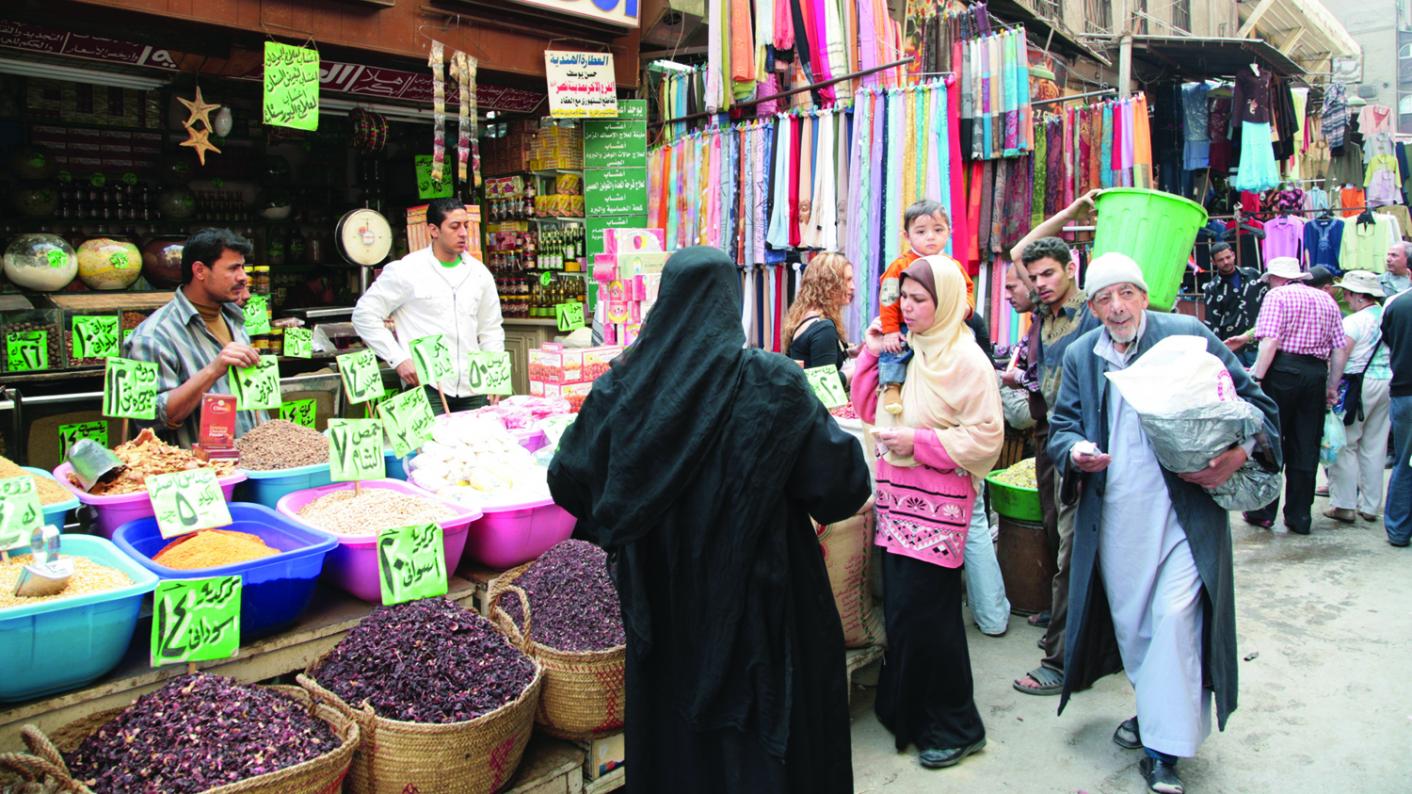“Are you crazy?” This was the response of my friends and relatives when I shared the news that I had decided to try teaching in Egypt. I accepted a job in Cairo, working at the American International School of Egypt.
Of course, I then started to second-guess myself: was I ready or even prepared to move to such a conservative place? I decided to bite the bullet and just go.
When I arrived, I was in such awe of the number of cars on the roads, the “crazy” driving and incessant use of horns. Everything appeared to be the same colour: the colour of sand.
I had been worried about how my transition would unfold, but a year and a half later, I have settled – and my heart warms whenever I think of my students.
Learn more:
- Find teacher jobs in Egypt
- Eight tips for teaching abroad
- How to choose the right overseas school
- Find out about our international PGCE course
A few pleasantries 'go a long way'
My morning alarm is the call to prayer, as I hear the mosques before I hear my alarm. My journey to work starts with a walk through my neighbourhood to where the staff school bus collects me.
I am greeted daily by stray dogs and the “boabs” (door-keepers) in the area. Despite my lack of Arabic, the few pleasantries I have learned – and a smile – go a long way.
Once at school I quickly get myself settled before going outside to greet my students for the 8am start.
I am a teacher of 1st Grade (5- and 6-year-olds) and for the first time in my career, I have a teaching assistant. At first, I was a bit apprehensive about having another person in my classroom. However, Ms Ola is a dream come true. She has taught me so much about Muslim culture and she is a great help when there is a language barrier.
My school is made up of mostly Egyptian children. Education is important for the wealthy here, so many – if they have the means – want their children at my school. For this reason, security is a must and we can’t take students to any extravagant places for school trips.
Only English is spoken
In class, children are only allowed to speak and write in English, though they have a daily period of Arabic and a period of religion once a week. This can be challenging for some, but I am impressed at their ability to switch from one language to another at such a young age.
I praise my students constantly and remind them how blessed they are. I have seen many a child on the busy streets learning a trade or selling tissues with a relative. Poverty is a sad reality for many here. My students will never know this harsh reality – they are the fortunate ones with opportunity and means.
The day comes to a close at 3pm, when I walk the students out to the buses or await parents and drivers, unless I am tutoring students, attending faculty meetings or running after-school activities.
Teachers remain on campus until 4pm, then face the bus ride home, passing motorcycles with as many as four people on board or trucks with merchandise that looks like it was stacked by a Tetris expert.
A day in the life of a teacher in Egypt is an experience to cherish.
This piece first appeared in Tes magazine on 11 November 2016.
Want to keep up with the latest career advice? Follow Tes Jobs on Twitter and like Tes Jobs on Facebook
